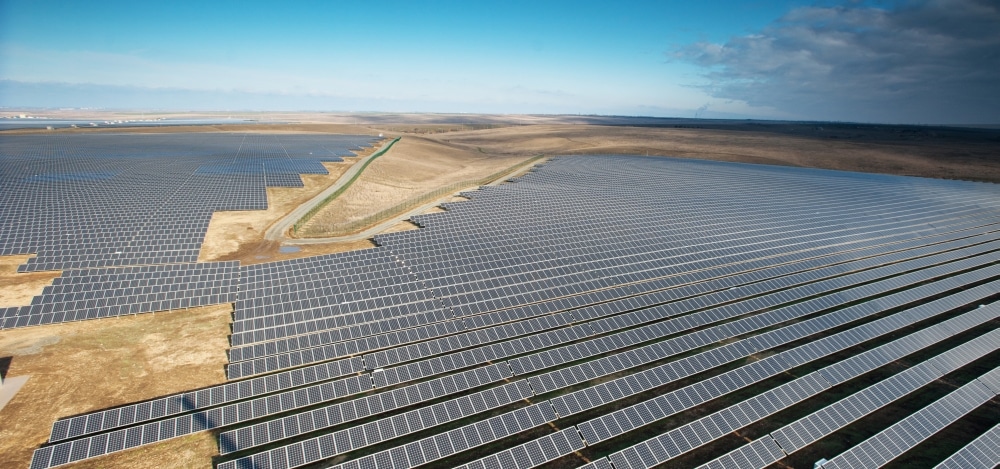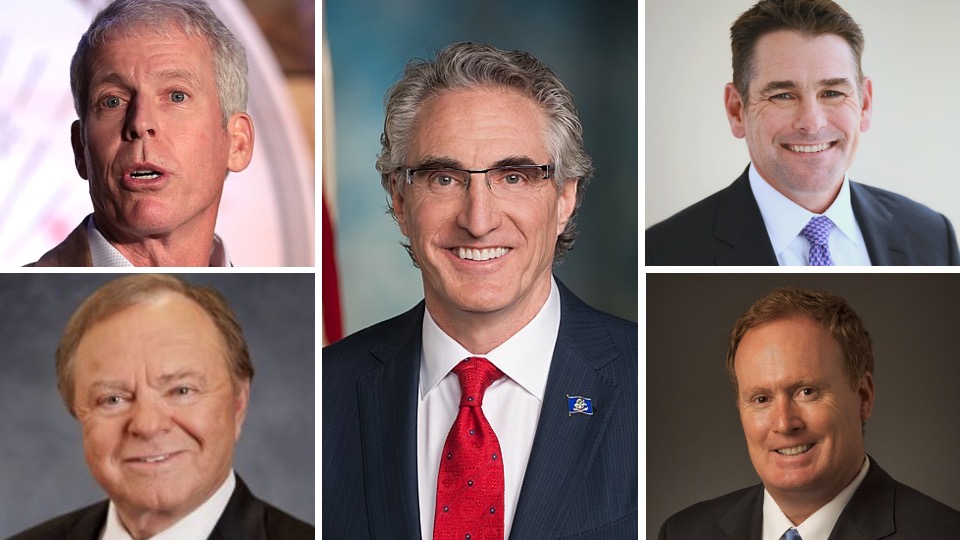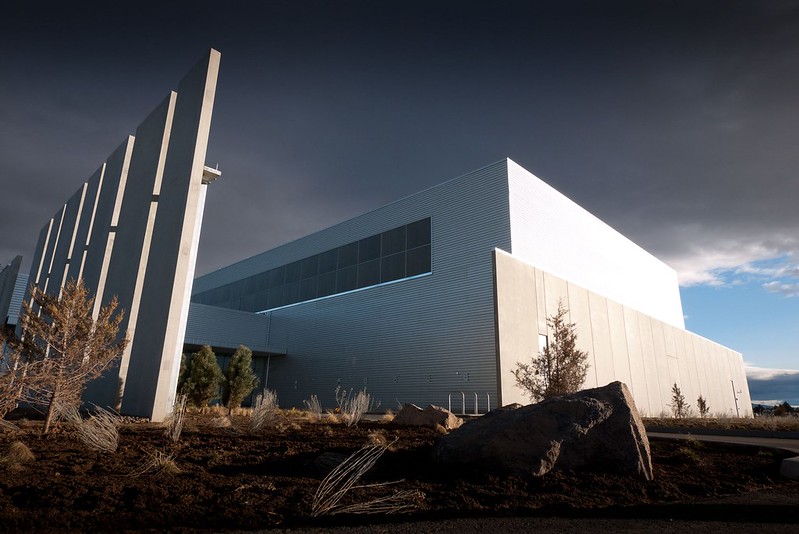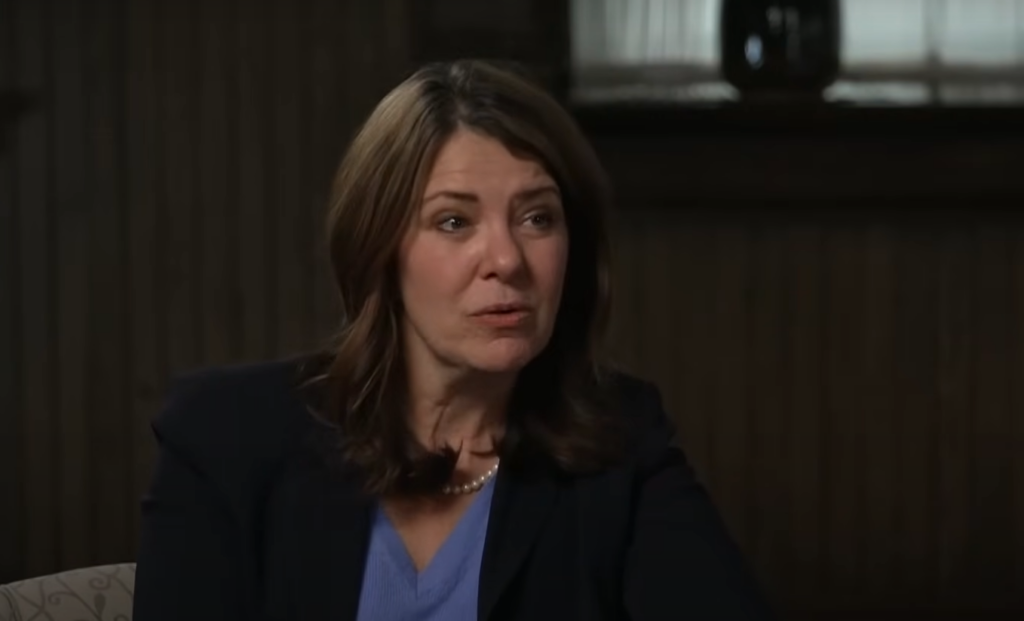Clean technologies are already cheaper, on average, than the incumbent fossil fuel technologies, and the advantage is widening, argued Anthony Hobley, chief executive of Carbon Tracker.
“Renewables are already outcompeting fossil fuels,” Hobley told an audience of investors, asset management firms, energy analysts, climate experts, fossil-fuel sector and policy makers on 14 September in London.
“This is not based on an assumption of government intervention or imposition of a two degree pathway, or of a high carbon price,” he said. “This is based on the world as it is with no additional climate policy or regulation.”
The event marked the launch of a new report, ‘End of the load for oil & gas?’ by the financial think tank, which analyses the impact of climate change on capital markets and investment in fossil fuels.
In fact, even if coal and gas plants were to get their fuel for free, by 2020 they “wouldn’t be able to compete with solar and wind”, added Matthew Gray, a senior analyst at Carbon Tracker.
Public Disconnect
But there is a “disconnect” between how the public and how investors think about renewable energy, explained Gray.
“The public tend to look at Levelised Cost of Electricity (LCOE) studies and think that coal and gas are the cheapest by a considerable margin.”
LCOE is a metric for the cost of different methods of electricity generation. However, as the report explains, beyond just looking at the type of technology, other factors are also important to consider when asking which energy is the cheapest, including daily peak pricing and the system value of wind and solar power.
Speaking to DeSmog UK after the event, Gray explained that while the industry was aware of the low carbon transition, “the public’s perception is still that coal is the cheapest form of energy.”
“But that is not necessarily the case,” he added.
Chair Shuffling
A shift in the public’s mindset would be one of the changes that needs to occur to enable the transition to clean energy, Gray argued. This can be achieved through the types of messages put out by policy-makers as well as through accurate media reporting on energy and climate change.
According to Gray, climate science deniers, no matter how wealthy and influential, will ultimately “not [have] much of an impact” on this transition.
“It’s just shuffling of chairs really. The low carbon transition is about economics. Low carbon is becoming the cheapest option and history shows us that economics wins when it comes to technological revolution.”
Hobley, during the report presentation, highlighted examples of when major companies had failed to foresee and survive technological transitions, including photographic film company Kodak in the shift to digital, video rental shop Blockbuster, and typewriter and computer company Olivetti.
.@arhobley: Incumbents never survive the technological transition and we are now clearly in a huge one for #energy pic.twitter.com/PnDmlYrpwh
— Carbon Tracker (@CarbonBubble) September 14, 2016
Gray continued, saying that although the UK could not currently generate all its required energy solely from renewables, a good step forward would be in improving demand and response patterns.
“For example, don’t run heavy energy at the same time of day as when energy use is always high,” he said, “[such as] first thing in the morning and when people come home from work.”
Photo: Activ Solar via Flickr
Subscribe to our newsletter
Stay up to date with DeSmog news and alerts







